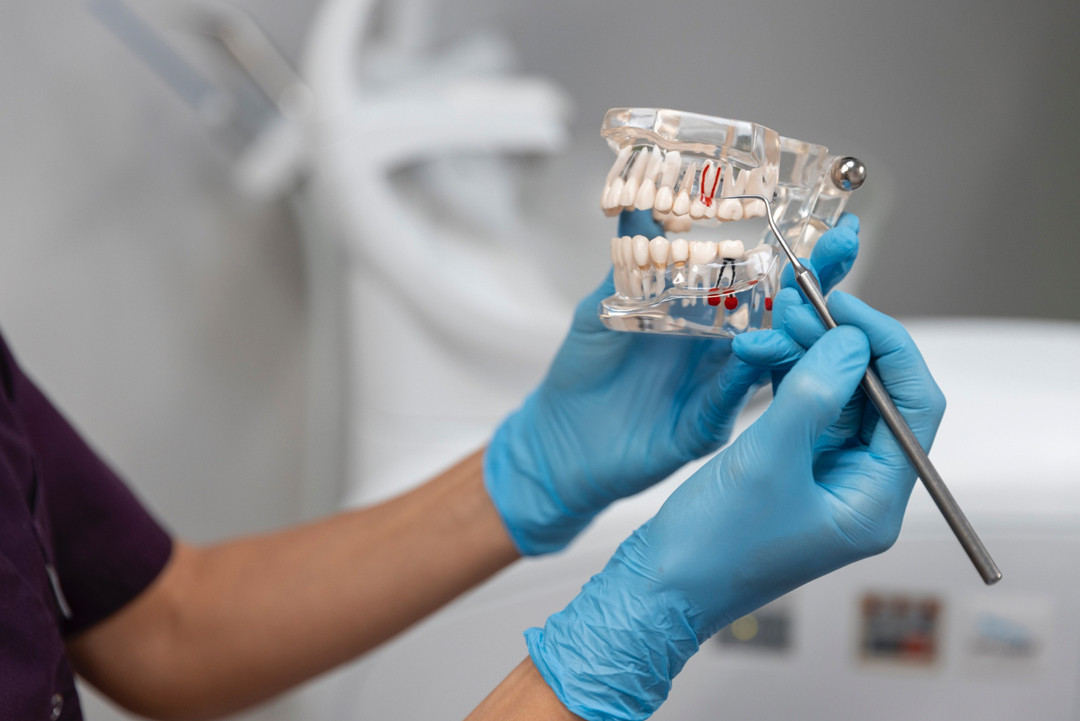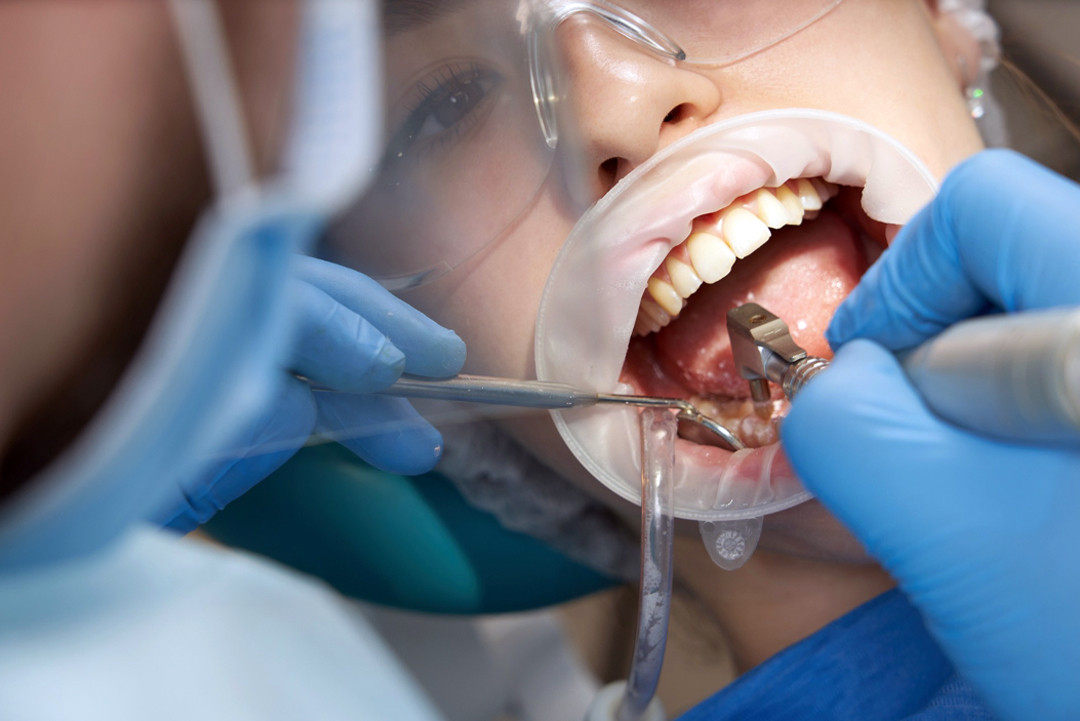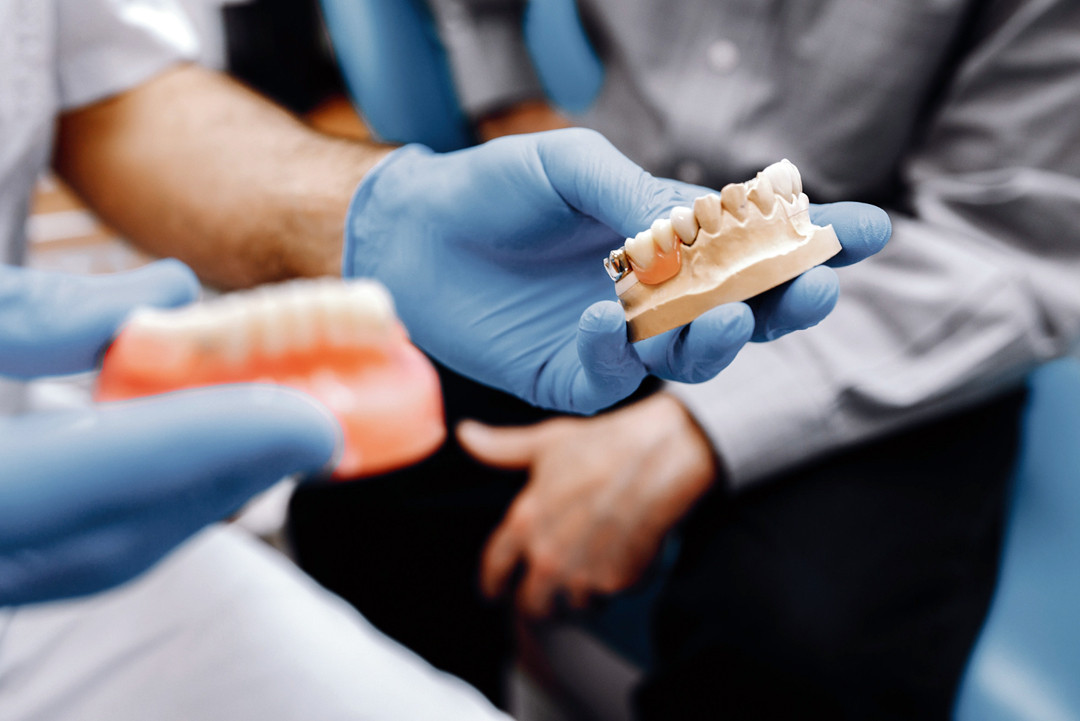What Is Pediatric Rheumatology?
Pediatric rheumatology focuses on diagnosing and treating children with rheumatic diseases, including joint, muscle, and bone disorders. Pediatric rheumatologists specialize in managing chronic pain, inflammation, and autoimmune conditions like Juvenile Idiopathic Arthritis (JIA) and Systemic Lupus Erythematosus (SLE). These diseases often require expert attention due to their complexity and potential long-term impact.
Conditions Treated by Pediatric Rheumatologists
- Juvenile Idiopathic Arthritis (JIA)
- Symptoms: Persistent joint pain, swelling, stiffness.
- Treatment:
- Medications: Anti-inflammatory drugs, immunosuppressants.
- Physical therapy to improve joint mobility.
- In severe cases, surgery may be required.
- Juvenile Dermatomyositis (JDM)
- Symptoms: Muscle weakness, skin rashes (heliotrope appearance).
- Treatment:
- Immunosuppressive medications to reduce inflammation.
- Exercise programs to restore muscle strength.
- Uveitis
- Symptoms: Eye redness, pain, light sensitivity, blurred vision.
- Treatment:
- Corticosteroids or NSAIDs for inflammation.
- Immunosuppressants for autoimmune-related cases.
- Raynaud’s Phenomenon
- Symptoms: Color changes in fingers/toes, tingling, numbness due to restricted blood flow.
- Treatment:
- Medications to improve blood flow.
- Lifestyle adjustments to minimize triggers.
- Systemic Lupus Erythematosus (SLE)
- Symptoms: Joint pain, fatigue, fever, butterfly-shaped facial rash.
- Treatment:
- Anti-inflammatory and immunosuppressive drugs.
- Symptom management to prevent complications like kidney damage or anemia.
- Behçet Syndrome
- Symptoms: Recurrent mouth/genital ulcers, joint pain, eye inflammation.
- Treatment:
- Corticosteroids and immunosuppressants.
- Symptom-specific medications for eyes, skin, or joints.
Diagnostic Methods in Pediatric Rheumatology
Pediatric rheumatic disorders are diagnosed using:
- Medical History and Physical Examination: Identify inflammation, pain, and movement limitations.
- Laboratory Tests:
- Complete Blood Count (CBC).
- Erythrocyte Sedimentation Rate (ESR) and C-reactive protein (CRP) to detect inflammation.
- Rheumatoid Factor (RF) and autoantibody tests.
- Imaging Studies: X-rays, MRI, CT scans, and ultrasounds to assess joint and organ damage.
- Joint Aspiration/Biopsy: Analyzing synovial fluid or tissue samples.
Early diagnosis is vital to initiate treatment and prevent irreversible joint or organ damage.
When Should Your Child See a Pediatric Rheumatologist?
Consider consulting a pediatric rheumatologist if your child exhibits:
- Persistent joint pain, swelling, or stiffness.
- Chronic fatigue, fever, or rashes.
- Symptoms of autoimmune conditions like lupus or dermatomyositis.
- Difficulty performing physical activities due to muscle or joint pain.
What to Expect at a Pediatric Rheumatologist Consultation
- Medical History Review: Discussing your child’s symptoms, medical history, and any previous treatments.
- Physical Examination: Checking for signs of inflammation, joint tenderness, and movement limitations.
- Tests Ordered: Laboratory tests and imaging studies may be performed for a comprehensive diagnosis.
- Treatment Planning: Based on the diagnosis, the rheumatologist will recommend:
- Medications: Anti-inflammatory drugs, immunosuppressants, or biologics.
- Therapies: Physical and occupational therapy to maintain mobility and strength.
- Joint Injections: For severe inflammation.
- Surgical Interventions: Only for advanced or unmanageable conditions.
Treatment Approaches in Pediatric Rheumatology
- Medications:
- Corticosteroids and NSAIDs for pain and inflammation.
- Immunosuppressants to manage autoimmune responses.
- Physical Therapy: Enhance mobility and reduce stiffness.
- Occupational Therapy: Support daily activities and adapt to limitations.
- Lifestyle Modifications: Incorporating exercise, stress management, and balanced nutrition.
- Surgery: Rare but necessary for joint repair or replacement in severe cases.
Early diagnosis and comprehensive care from pediatric rheumatologists can help children with rheumatic diseases lead active, fulfilling lives. Ensure regular follow-ups to monitor progress and adjust treatment plans.


















